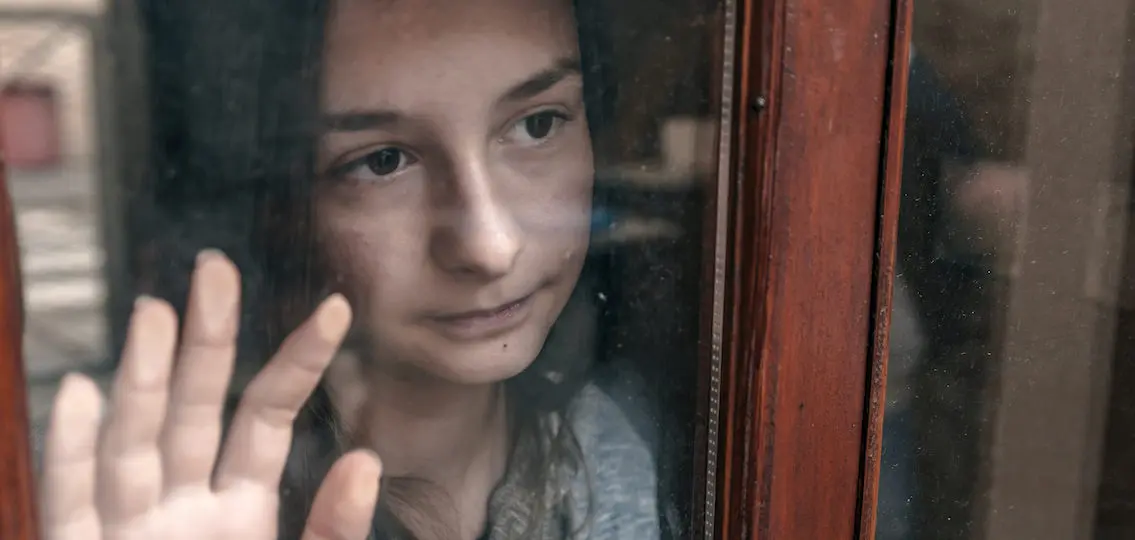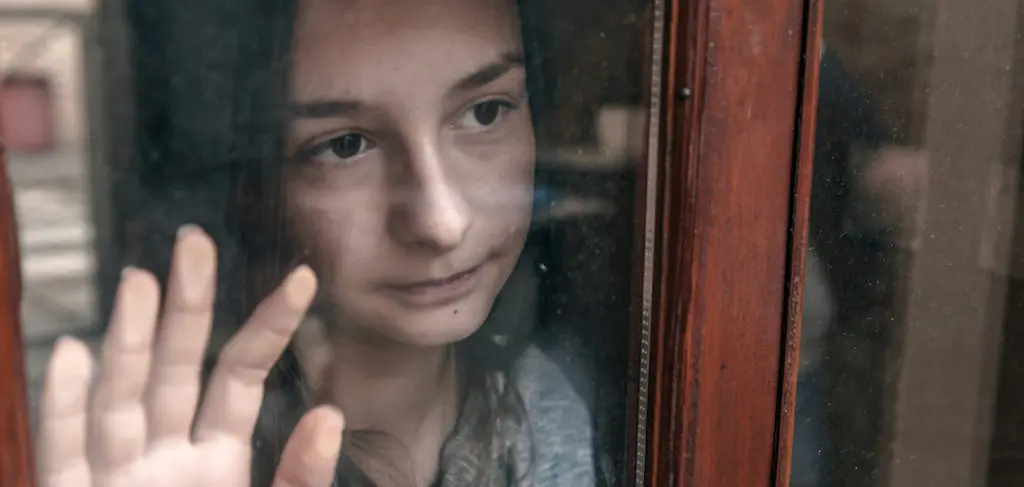When I was 14 and my sister was 11, our family visited Yellowstone National Park. Seeing geysers erupt, hiking to a waterfall within a vast canyon, and getting caught in an amusing mini-traffic jam caused by several indifferent bison crossing the road all delighted me so much, I’ve taken the trip two additional times. When I became a mom, I knew that I’d want to repeat the trip with my kids when they were old enough to appreciate it.

This was supposed to be that year. My daughter is 14 and my son is 11, just like my sister and I were during our memorable trip. Last summer, I booked lodging and activities at Yellowstone, knowing that the destination is so popular I would need to reserve a spot a year in advance. For months afterward, I’d periodically slip details into conversations with my kids about what we’d do—see geysers and wildlife, go hiking and horseback riding—to boost excitement for the trip. I did this knowing that researchers have found that talking about an upcoming event, even if it’s months away, builds anticipation.
Unfortunately, because of the pandemic, my kids and I aren’t traveling this summer.
We’ll go in a year or two, instead. My kids were disappointed when I told them, although they understood. For the moment, all our carefully constructed eager anticipation is on hold.
We certainly aren’t alone: Families everywhere are canceling, postponing, or downgrading their summer vacations. Teens who were looking forward to trips may be feeling frustrated or cheated.
“Some teens have undoubtedly been holding out hope that despite everything during the school year being canceled, maybe they’ll at least get some sense of normalcy when the summer comes and they can go on their vacation,” says Noam Dinovitz, LCSW, a Philadelphia-based mental health therapist. “Being told that the vacation they’ve been looking forward to all year isn’t going to work out is the culmination of a disappointing year.”
How To Deal with Disappointment:
1. Validate your teen’s feelings
Some teens may be reluctant to admit that they’re upset, either because they don’t want to disappoint their parents or because they feel guilty for being sad over the loss of a privileged perk in the face of a global pandemic. But your teen’s feelings about vacation loss are real and deserve to be acknowledged. One way to help your teen process grief over a canceled vacation is to admit your own disappointment.
“You’re letting your teens know that their feelings are valid,” Dinovitz says. “Help your teens find the balance by explaining to them that it’s okay to feel disappointed about the trip not working out but also being mindful of the big picture. [Talk] about gratitude and perspective and how moments like this can help remind them how lucky they are to have some of the things they do.”
2. Reassure them.
It can be reassuring for teens to hear that you’ll take the trip in the future, once your family feels comfortable traveling again.
“Let them know that while things are chaotic now, it’s all relatively temporary, and that there will hopefully come a time, sooner than later, when the family will be able to make this trip happen,” Dinovitz says.
In the meantime, plan smaller activities as a family throughout the summer, including something that your teens will enjoy during the week of your canceled vacation.
“Even something like a family game night or a movie night can be a way to mix up the monotony of the day-to-day and make staying at home a little bit more fun,” says Dinovitz.
3. Share stories and keep planning
Talking about vacations—past and future—is still a research-proven way to boost happiness, so reminisce about the trip that you took last summer. For even more bonding, share stories about your family’s best vacations from years past, and look at old photos together.
If your vacation has been postponed and not canceled entirely, it might be therapeutic to continue talking with your teens about your plans to build anticipation. As Dinovitz explains, “It can also help them maintain some sense of normalcy and keep their eye on the light at the end of the tunnel.”
This approach may not be right for everyone, so you should ask your teen before broaching the subject. “Some teens might be bitter about how things have played out, and continuing to talk about the trip can be salt on the wound,” Dinovitz says.

My kids were pleased when I announced that I rescheduled our trip for next July and that we’ll go if it’s safe to travel. Maybe tomorrow I’ll tell them how funny it was for me to see their grandfather drive our rental car through a bison herd when I was a kid, to give them a hint of what to expect when we get to Yellowstone. Sooner rather than later, hopefully.





